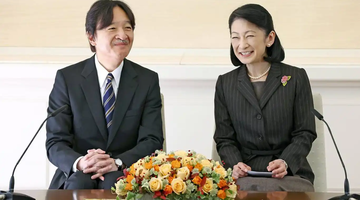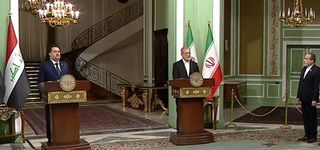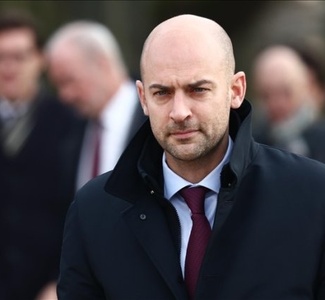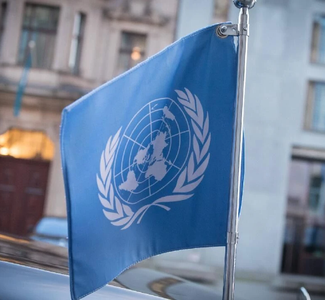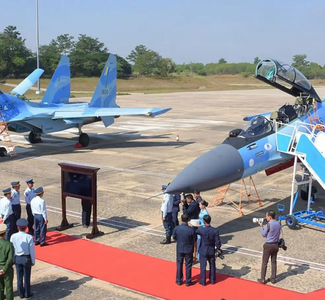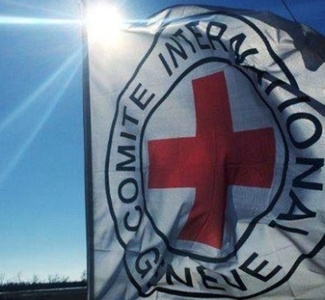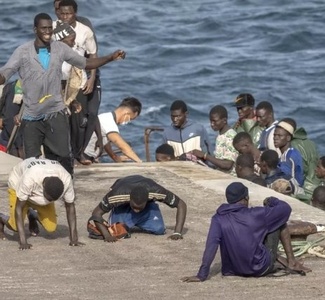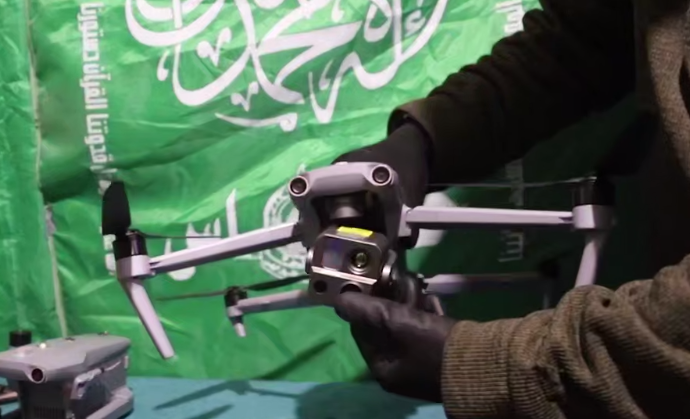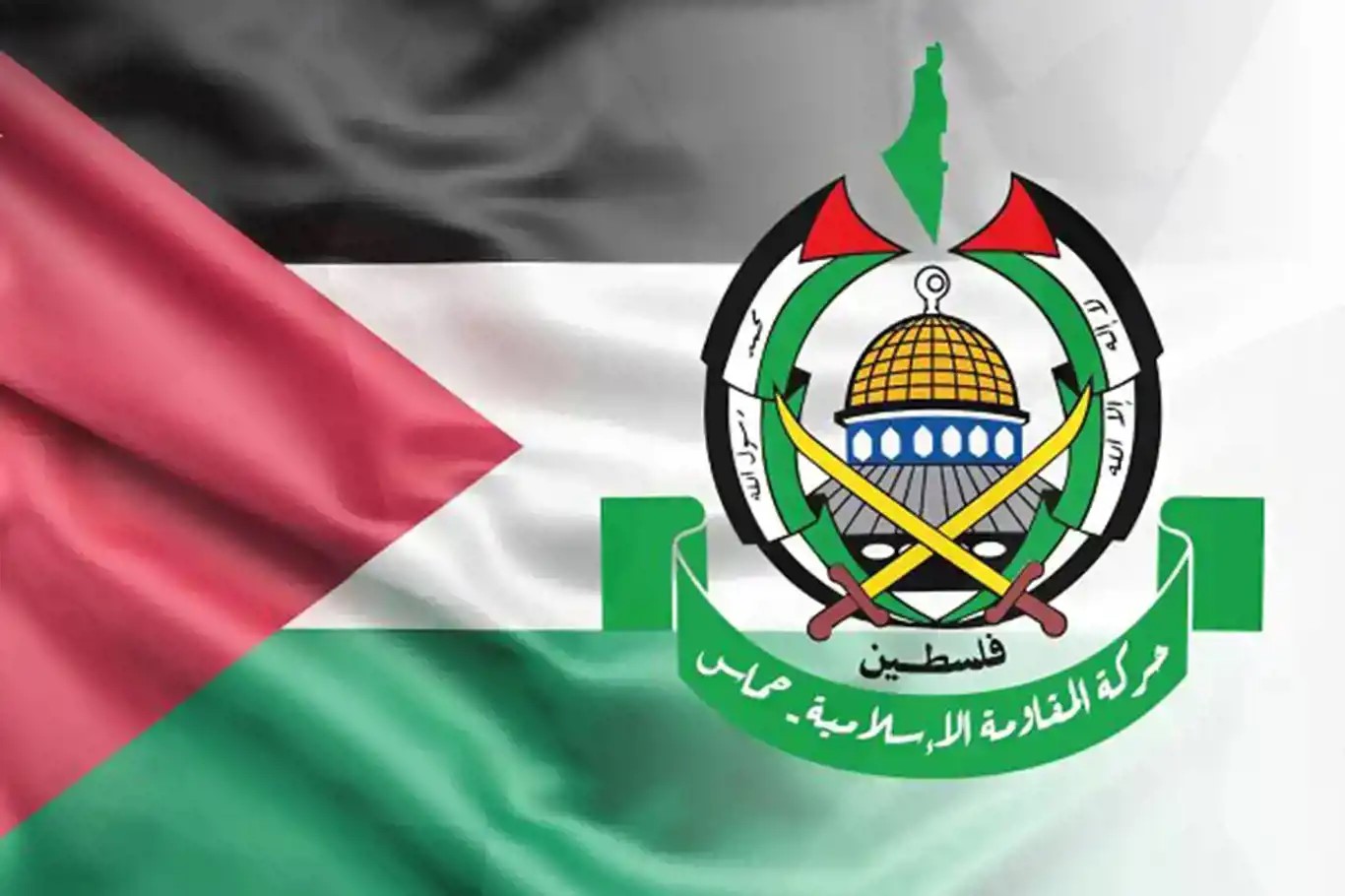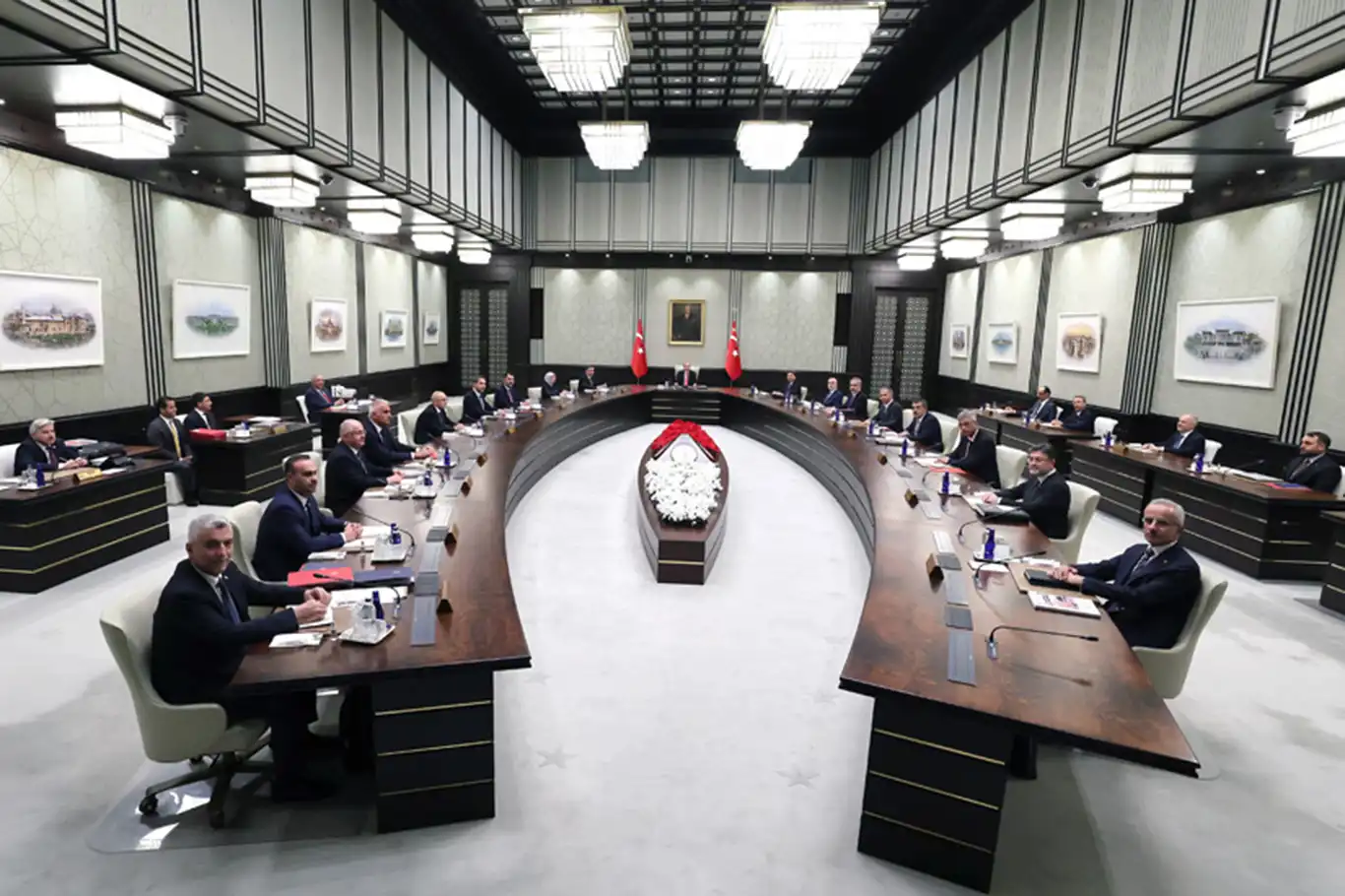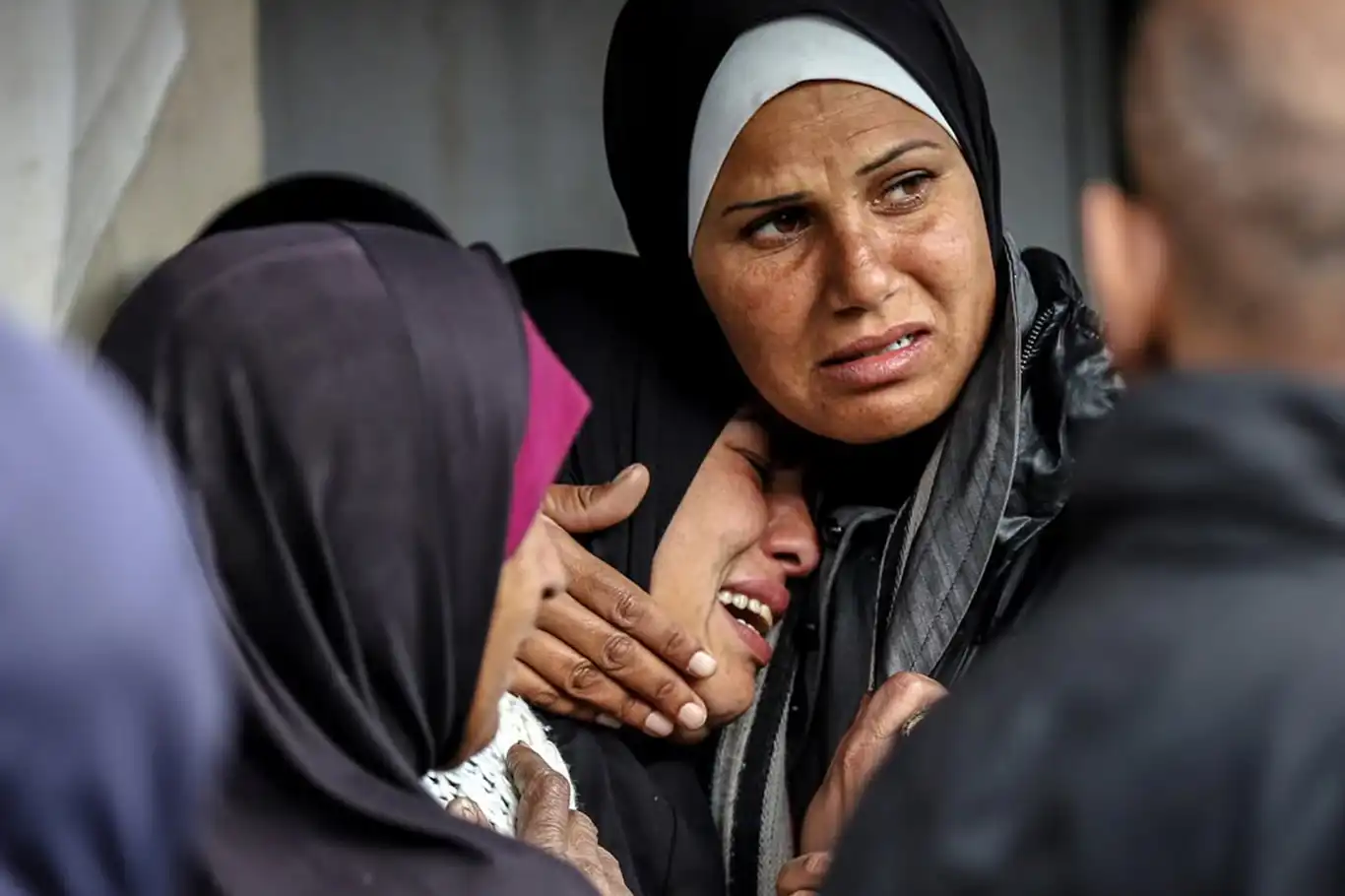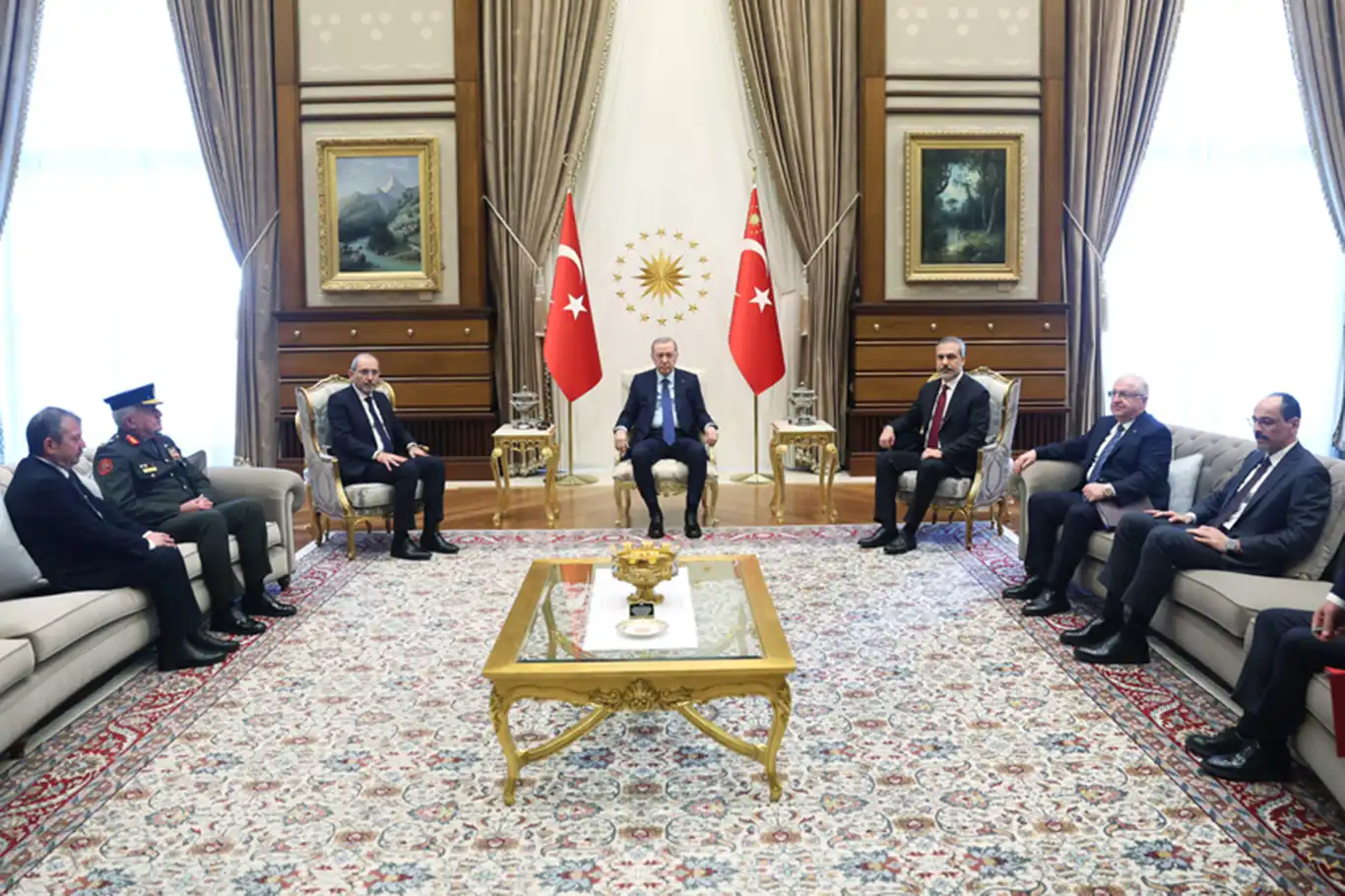Namibia elects first female president amid controversy
Netumbo Nandi-Ndaitwah, representing the ruling South West Africa People's Organisation (Swapo), has made history by becoming Namibia's first female president.

 Google News'te Doğruhaber'e abone olun.
Google News'te Doğruhaber'e abone olun. The electoral commission announced her victory, securing over 57% of the votes in last week's election. Her closest rival, Panduleni Itula, garnered 26%.
Nandi-Ndaitwah, currently Swapo's vice-president and a veteran politician with more than 25 years in high government office, pledged to uphold peace and stability. Following her win, she stated, "The Namibian nation has voted for peace and stability."
The election, however, has been marred by logistical problems, including a three-day extension of polling in some areas, leading to allegations of malpractice by the opposition. Itula, leader of the Independent Patriots for Change (IPC), announced on Saturday that his party would not recognize the results.
In protest, most opposition parties boycotted the results announcement held in the capital, Windhoek. The IPC has stated its intention to “pursue justice through the courts” and urged individuals who faced voting difficulties to report their grievances to the police.
Swapo has been the dominant political force in Namibia since the nation gained independence in 1990, after leading the struggle against apartheid South Africa. Despite challenges, the party has retained its grip on power, though its popularity has waned. In the 2019 election, Swapo's vote share dropped to 56%, a significant decline from 87% in 2014.
Nandi-Ndaitwah's win ensures Swapo remains at the helm, even as other liberation parties in the region face political setbacks. South Africa's African National Congress lost its parliamentary majority earlier this year, and Botswana's Democratic Party was ousted in October after nearly 60 years in power.
Once sworn in, Nandi-Ndaitwah will become one of the few female leaders on the African continent, joining Tanzania's Samia Suluhu Hassan as the only sitting female president.
The election marks a historic milestone for Namibia but remains overshadowed by opposition challenges and concerns over electoral transparency. (ILKHA)





























